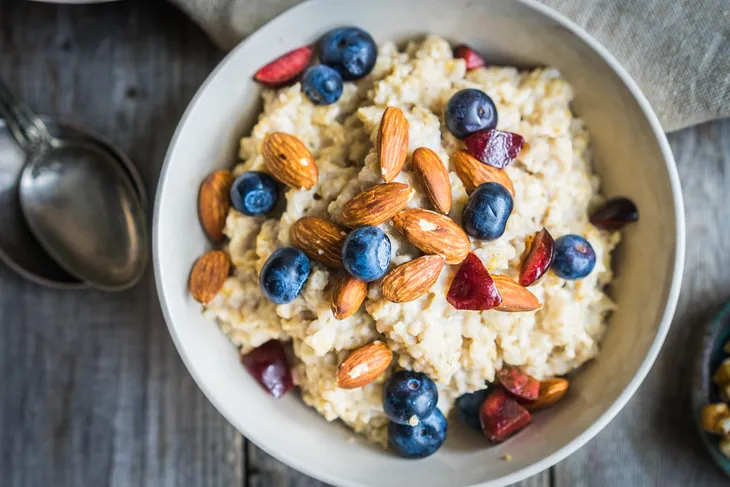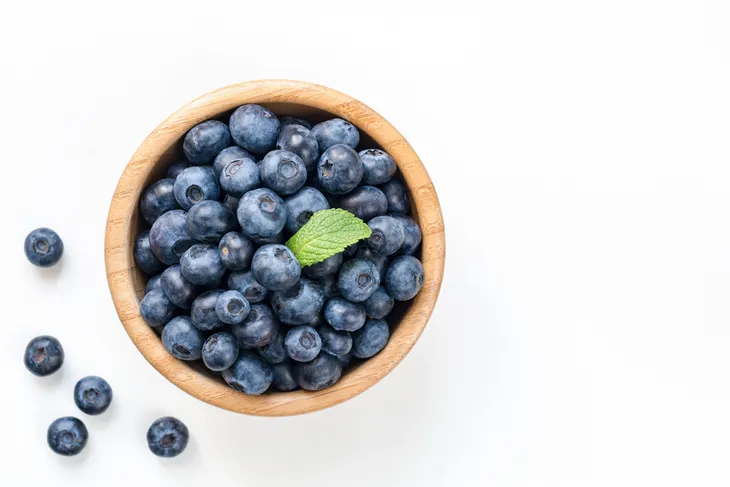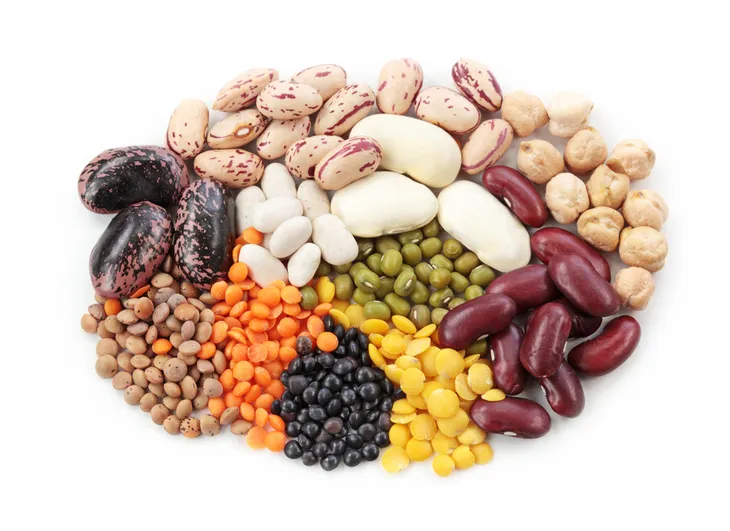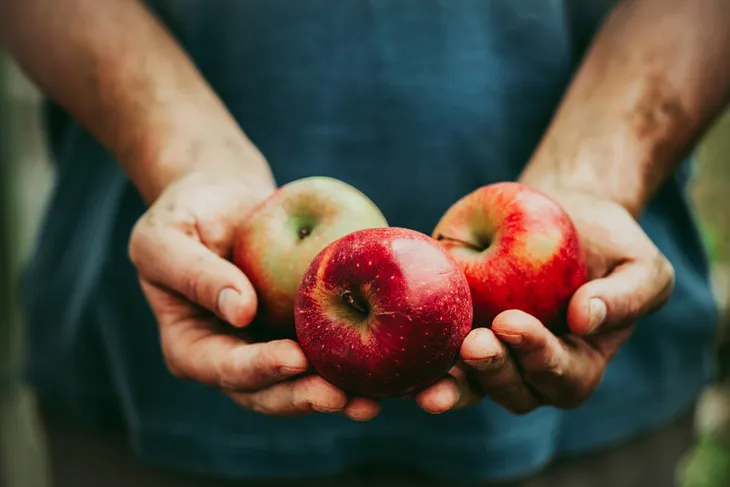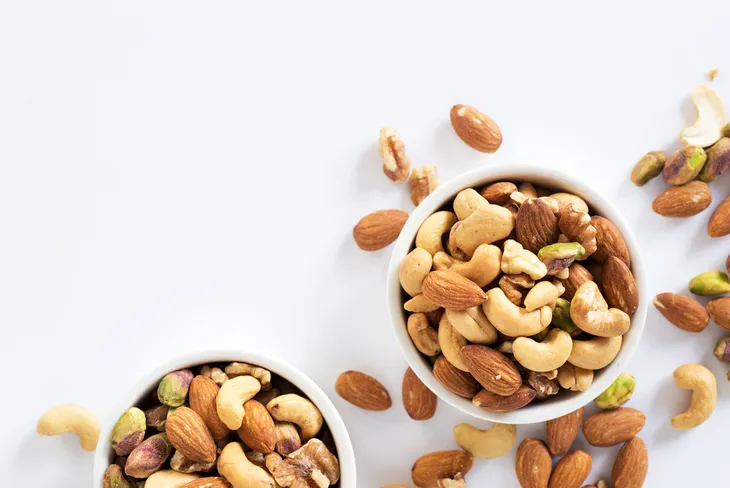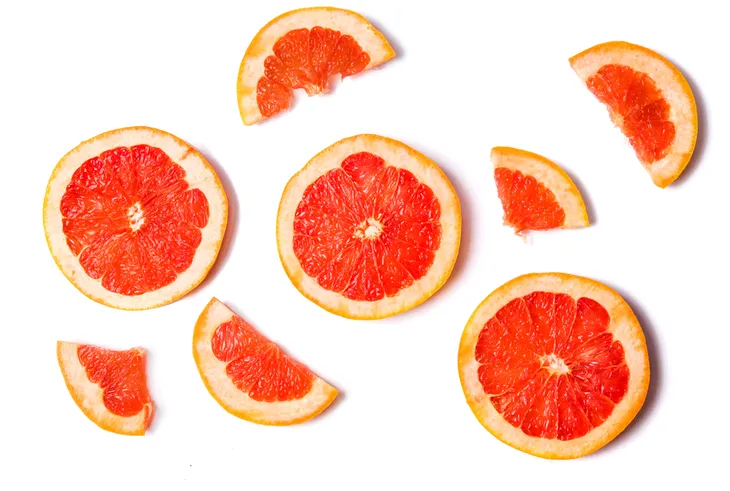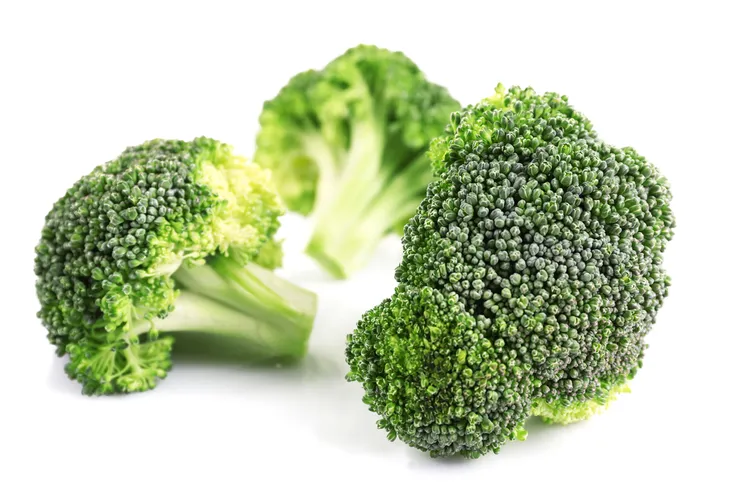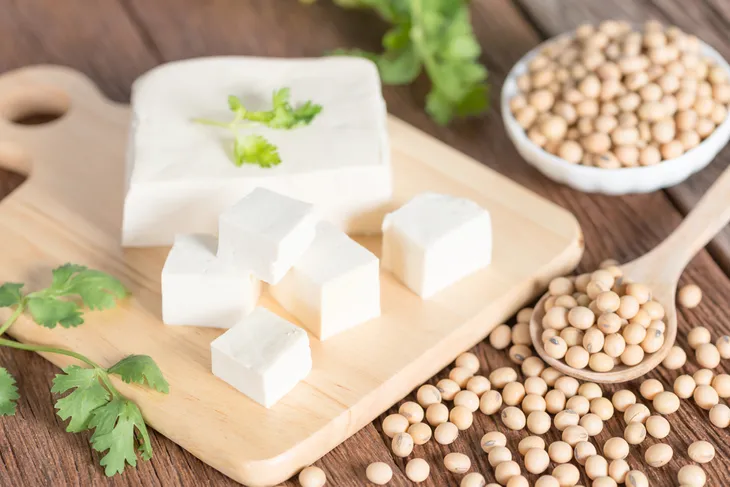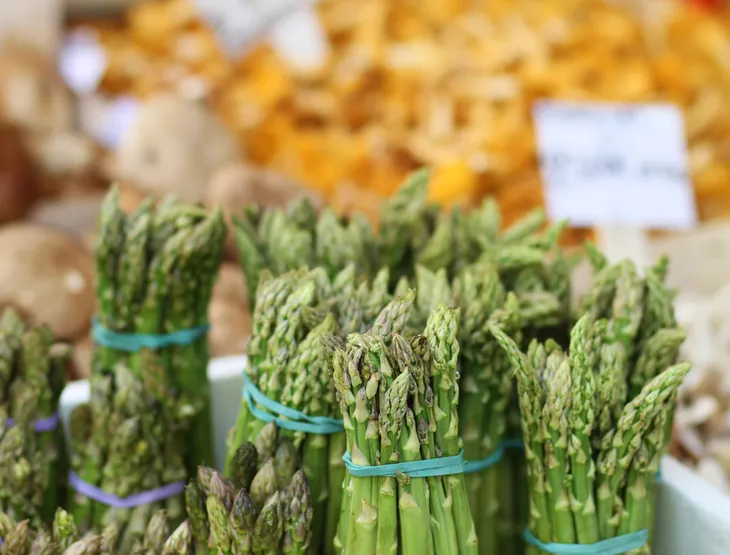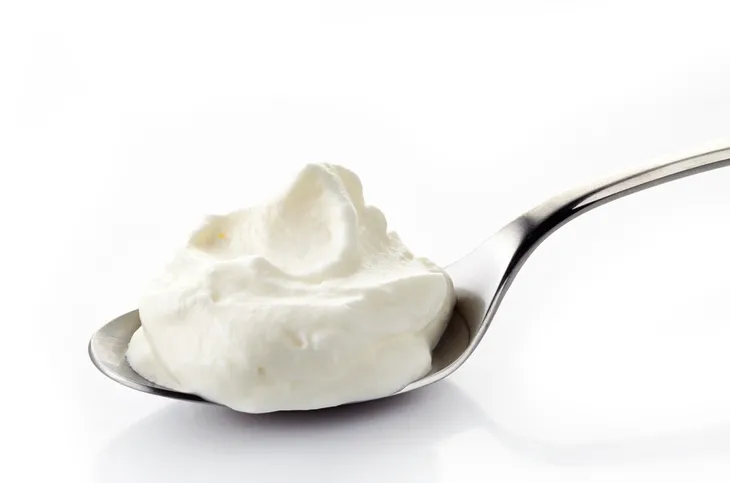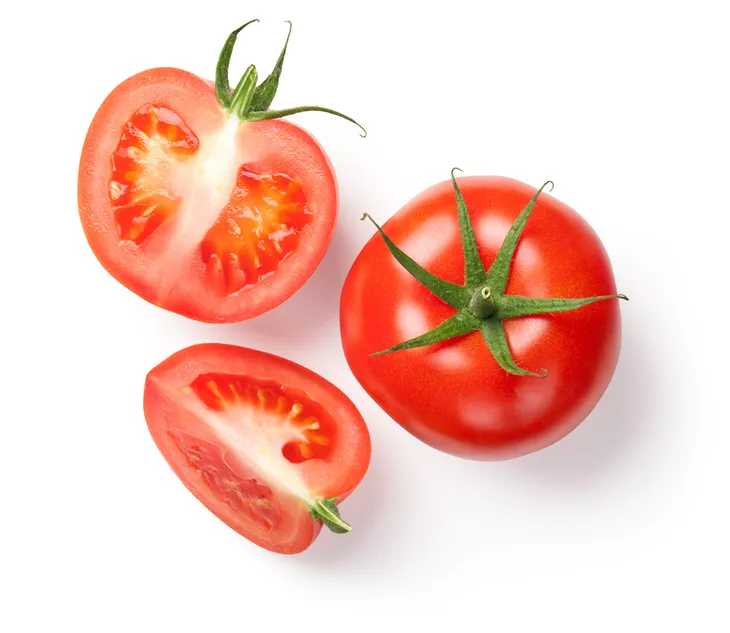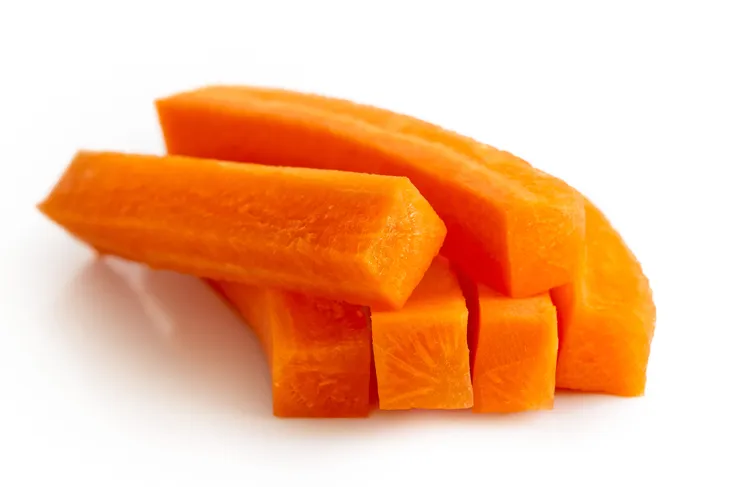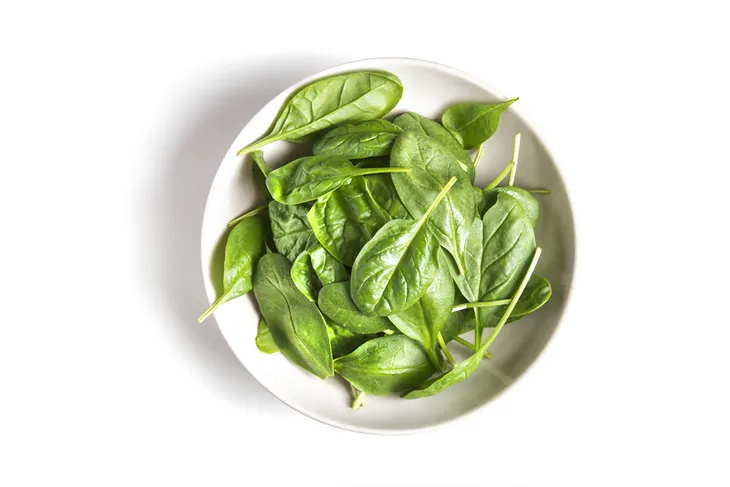Being diagnosed with diabetes is a life changing moment. You are filled with questions about your health and long term prognosis. Eating a diabetic diet is one important step in changing your health for the better.
Eating poorly could be a leading factor in getting diabetes, and eating well can help manage it. So let’s take a look at 15 amazing health foods that can help manage your type 1 and type 2 diabetes.
Want diabetes content delivered straight to your inbox? Sign up for our Diabetes newsletter and receive exclusive news and articles written from our team of diabetes experts.
Blueberries
Blueberries are an awesome choice for diabetics. They are packed with dietary fiber, vitamin C, and flavonoids. Flavonoids are phytonutrients and help to boost your immune system and fight off infection. They could also help fight off bad cholesterol and keep your heart and arteries healthy.
Beans
It can be hard for a diabetic to eat starchy foods because of how much they can affect blood sugar. Beans are a great alternative because they’re high in fiber and protein. They are also packed with vitamins and minerals like folate, iron, magnesium, and potassium.
Fish
Fish is a really healthy food to have. It’s high in omega-3 fats, which are unsaturated. Some studies have found that it can lower triglycerides, reduce inflammation, lower blood pressure, and reduce the risks for blood clots. Fish high in omega-3’s are salmon, trout, tuna, herring, and sardines.
Apples
Apples tend to be avoided for their high sugar content, but they’re packed with fiber. The soluble fiber slows digestion and can regulate blood glucose levels. Fiber can also reduce the risk of cardiovascular disease. One small sized apples has 3-grams of fiber.
Nuts
Nuts are a great snack option for individuals with diabetes. They have a great crunch and are packed with flavor and full of protein and fiber. While they are high in calories thanks to their fat content, the fat is the healthy monounsaturated kind.
Grapefruit
Grapefruit is puckering but delicious. They are packed with antioxidants, especially in the ruby red variety. In a short study, people who ate one red grapefruit a day lowered their bad cholesterol by 20-percent and triglycerides by 17-percent.
Broccoli
Skip the potato side dish and instead fill up on broccoli. It’s full of vitamin C and is packed with fiber. Vitamin C is known to help wound healing. Broccoli is also full of beta-carotene, which is an antioxidant that makes vitamin A. This vitamin helps make healthy eyes, teeth, bones, and skin.
Tofu
Even if you’re not a vegetarian, tofu is a great product to integrate in your diet. It’s made from soy, which is high in niacin, folate, zinc, potassium, iron, and the fatty acid alpha-linolenic. This can turn into the hugely beneficial omega-3 fatty acid.
Asparagus
Asparagus is a great choice for a side dish for meat. It’s a non-starchy vegetable and is packed with fiber. It is low in carbohydrates and high in folate, vitamin C, and glutathione. Glutathione is an antioxidant that can help boost the immune system and promote healthy lungs.
Yogurt
Yogurt is a great low carbohydrate and dessert option for diabetics. Look for the traditional thick Greek variety to find the lowest sugar content. Add sugar alternatives and fruit to make a great treat. You can also make sauces from yogurt to add zip to your meal.
Tomatoes
Tomatoes are high in lycopene, which is an antioxidant that helps neutralize free radicals in the body. It’s also what turns the tomato the bright red color. To absorb the benefits, have cooked and processed tomatoes like sauces, chili, and juice. Fresh, raw tomatoes are also a great option for their fiber and vitamin C content.
Carrots
Carrots are a delicious and naturally sweet vegetable. They are full of beta-carotene that could help prevent cancer and heart disease. Choose between either orange or yellow carrots, then roast them in the oven for a sweet and healthy side dish.
Tea
Tea is high in antioxidants, called catechins. They are currently being studied for their effectiveness in preventing chronic illness, including cancers and cardiovascular disease. Each type of tea (white, green, or black) has different health benefits, so switch it up every so often.
Spinach
Spinach is a well known health food. It’s full of vitamins like B2, B6, folate, copper, magnesium, potassium, and zinc. Past studies have shown that spinach could reduce cancer, cataracts, and heart disease. It’s high in beta-carotene and packed with fiber.
Oatmeal
Oatmeal is high in starch, but all the fiber make it a very healthy option. Look for less processed oatmeal, which takes longer to cook, for the best fiber content. The soluble fiber can help lower cholesterol, improve blood pressure, stabilize glucose levels, and it keeps you full for a long time.
